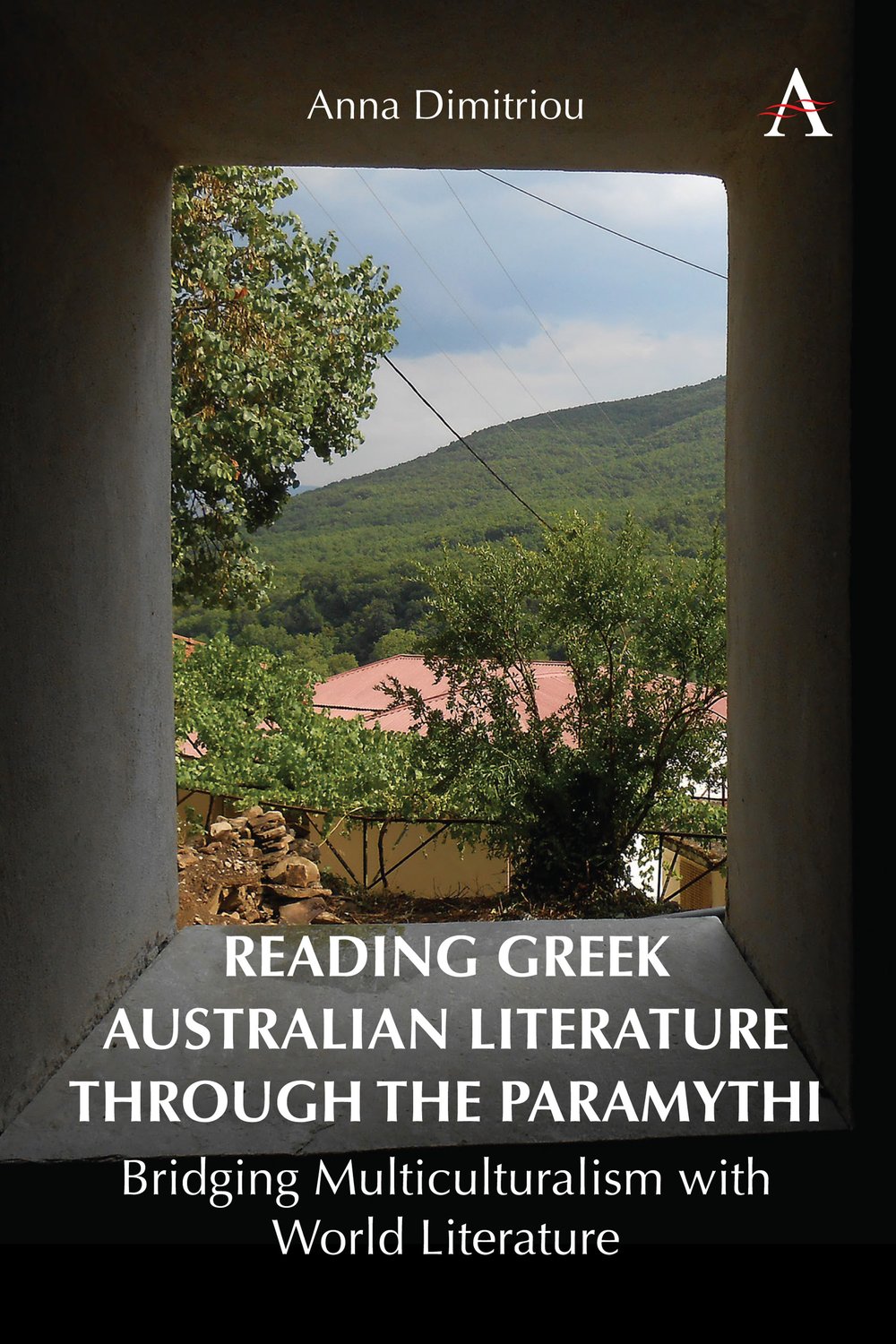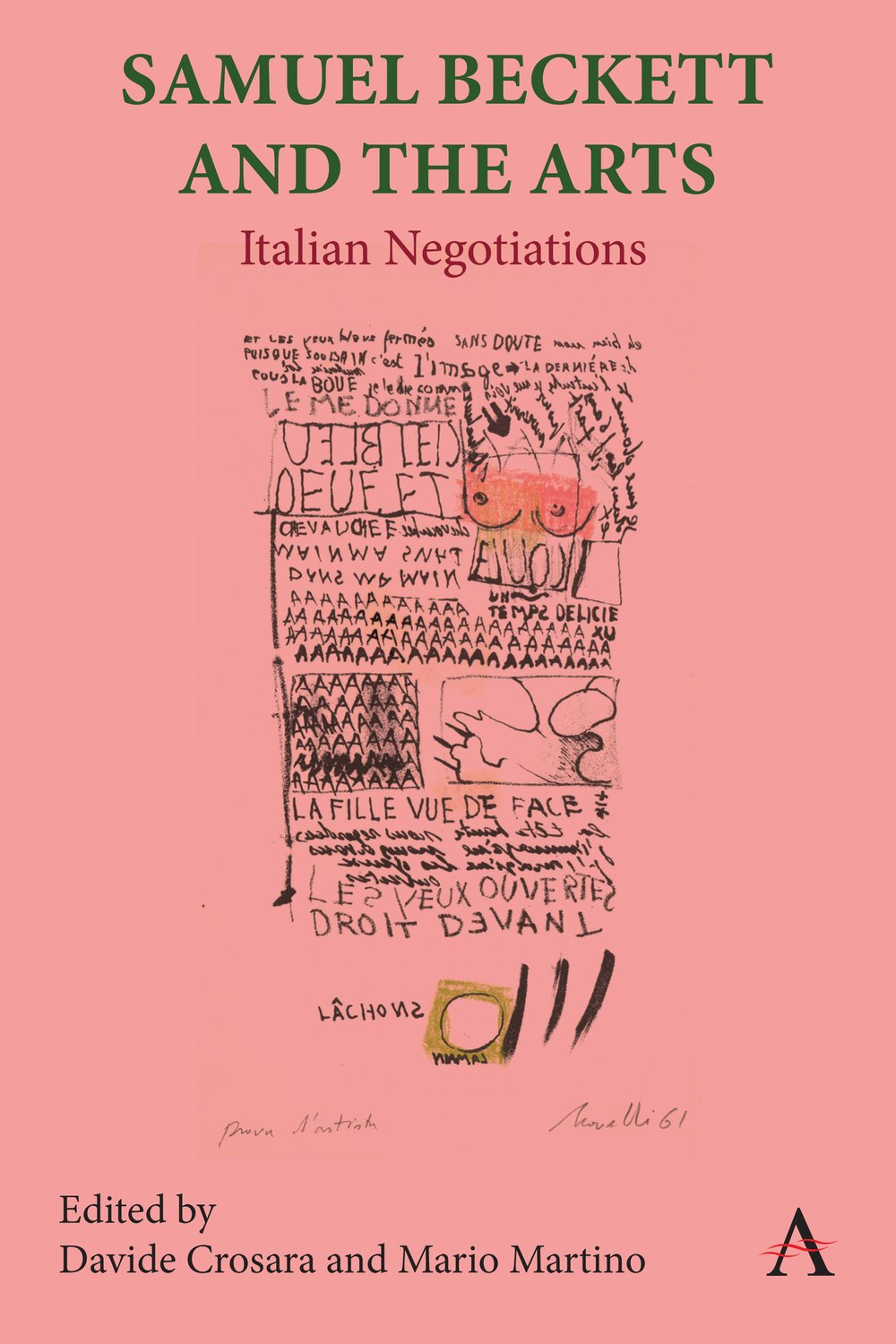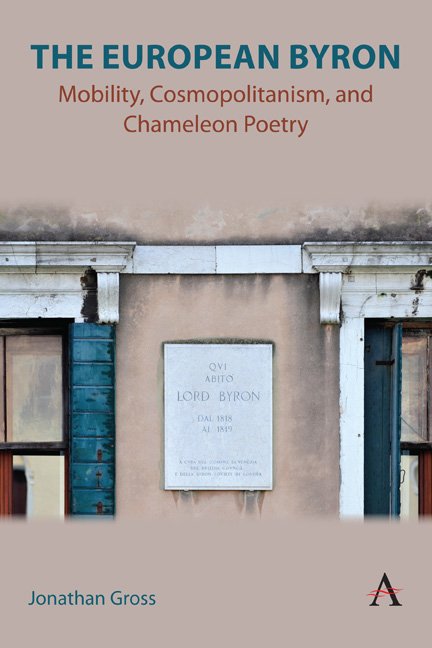Reading Greek Australian Literature through the Paramythi
Bridging Multiculturalism with World Literature

This book explores Greek Australian literature through its paramythic tropes and focuses on reading it as a bridge between multiculturalism and world literature.
The poems, novels and novellas that draw from paramythic forms and tropes draw from its symbolic power and its performative function, and often use it subversively to speak the unspeakable. They often merge incommensurate forms and include foreign words and registers or dialects, which lead to the need for translation, as well as the possibilities for what Apter calls the ‘untranslatable’. Foreign words and strange customs as well as oral storytelling forms may be untranslatable to outsiders — but their usefulness is tied to what Apter refers to as a ‘linguistic form of creative failure with homeopathic uses.’ So, when the paramythic voice, forms and tropes are located, translated, compared and interpreted in works by Australian writers having a Greek heritage, we have a new way to read Australian literature. We no longer read these texts in isolation given an affiliation with an ethnic minority group, but instead we see these as works that, as Gunew says, ‘share a world’, works that include and converse with other neo-cosmopolitan writers with double or multiple cultural perspectives.
This is a comparative textual analysis of a body of relatively neglected works by Greek Australian writers Dimitris Tsaloumas, Antigone Kefala, Stylianos Charkianakis, Dean Kalimnios, Christos Tsiolkas, Fotini Epanomitis and Helen Koukoutsis. The focus is on reading their texts as a bridge between multiculturalism and world literature given each writer identifies in various ways with peripheral cosmopolitanism as they merge high-brow literary forms with the quotidian paramythi, or the storytelling oral tradition. The different ways they do this registers the writers’ ambivalent relationship with their origins through their transculturally mediated expression. Discovering new possibilities in literary texts which have oral traces becomes a productive way to look at the question of translatability as posed by scholars of multiculturalism and world literature, such as Sneja Gunew, Emily Apter and Pheng Cheah.

Dr. Anna Dimitriou gained a PhD in Literary Studies in 2014 from Deakin University and is currently teaching in the Dean’s School of Humanities and Communication Arts at Western Sydney University.


